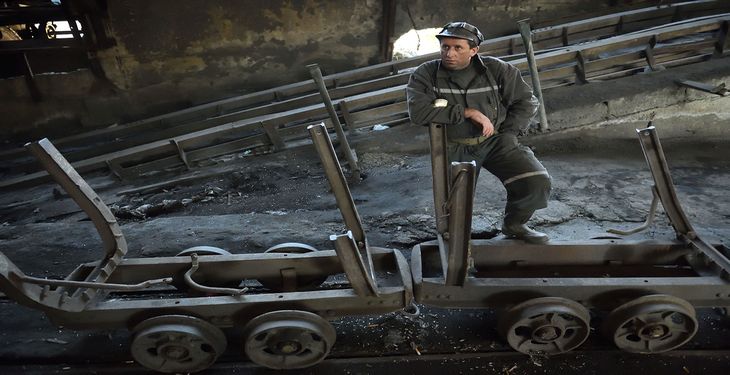In a intervention during the debates at FOREN 2016, the president of ANRE mention the approach adopted by Austria, whereby the entire society contributed to the retraining of miners for a less painfull mining sector reform.
Niculae Havrileţ started from the observation that “when we started to promote renewable energies, as a state, we have not thought about what kinds of resources would be replaced and what problems would arise in these areas. I speak about the most important imbalance that has occured: renewable energy vs energy production from coal”.
According to the ANRE President, Austria went through a situation similar to that in Romania today, and the restructuring of the mining sector was necessary. “For them, the problem arose as a result after the pumping hydro plants entered the energy system. And they established a scheme for the ‘a leu for the Athenaeum’ sort. Basically, for three years, energy consumers in Austria have paid a certain fee for each megawatt, in order to help the miners to be redeployed in other sectors of the economy. Thus, the miners knew that this subsidy would only last for three years and they had the chance of a psychological preparation for a different kind of future.”
Changes are inevitable in the energy sector and they are getting faster, with their consequences becoming more and more varied and unpredictable, the ANRE president explained. Havrileţ also stated that he attended a meeting with union leaders and senators from areas where mining is a very important activity. “I said that we could institute a leu per megawatt as a tax to finance the restructuring of those monoindustrial areas which are very hard to be redirected to other activities.”
“If you do not introduce some elements to balance the faults introduced by these very fast changes in the energy sector, we might block ourselves and stop going forward,” ANRE President concluded.
